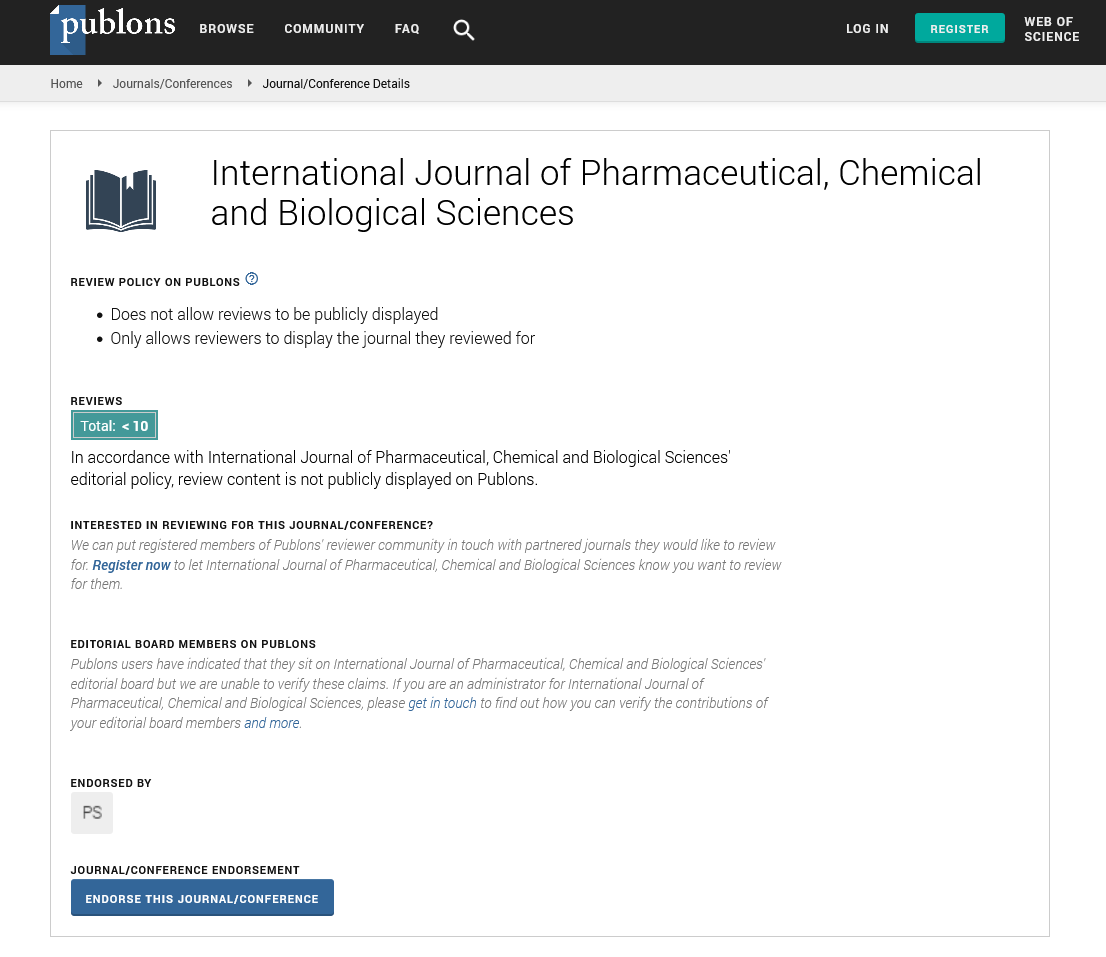Opinion - International Journal of Pharmaceutical, Chemical and Biological Sciences ( 2023) Volume 13, Issue 4
Fermentation Technology: Harnessing Microbial Magic for Food, Fuel, and Beyond
Vincent Wong*Vincent Wong, Department of Biology, Hong Kong Baptist University, Hong Kong,
Received: 29-Nov-2023, Manuscript No. ijpcbs-23-121833; Editor assigned: 01-Dec-2023, Pre QC No. ijpcbs-23-121833 (PQ); Reviewed: 15-Dec-2023, QC No. ijpcbs-23-121833; Revised: 20-Dec-2023, Manuscript No. ijpcbs-23-121833 (R); Published: 27-Dec-2023, DOI: 10.36648/2471-9668-13.4.3
Introduction
Fermentation technology, a centuries-old practice, harnesses the transformative power of microorganisms to convert substrates into valuable products. This ancient art, deeply rooted in food preservation and flavor enhancement, has evolved into a sophisticated discipline influencing various industries, including food and beverage, pharmaceuticals, biofuels, and biotechnology. This article aims to explore the intricacies of fermentation technology, unraveling its principles, processes, applications, and the transformative impact it has on diverse sectors. Fermentation is a metabolic process where microorganisms-such as bacteria, yeast, and fungi-convert carbohydrates or other organic compounds into simpler substances, often in the absence of oxygen. This process yields energy for microorganisms and produces various end products, such as organic acids, alcohols, gases, and enzymes. Ancient civilizations used fermentation for preserving food, brewing alcoholic beverages, and leavening bread. Early practitioners harnessed the power of yeast to ferment sugars into alcohol, laying the groundwork for modern fermentation technology. Fermentation process involves a series of biochemical reactions, including glycolysis, fermentation pathways specific to different microorganisms, and the production of various metabolites or products, influenced by factors like temperature, pH, and substrate composition.
Description
Yeasts, such as Saccharomyces cerevisiae, convert sugars-like glucose or maltose-into ethanol and carbon dioxide. This process is fundamental in brewing beer, making wine, and producing bioethanol for fuel. Bacteria, like Lactobacillus and Lactococcus, ferment sugars into lactic acid. This process is pivotal in producing dairy products like yogurt, cheese, and fermented vegetables. Acetobacter bacteria transform ethanol into acetic acid, central to the production of vinegar. Microbes are harnessed to produce enzymes, antibiotics, vitamins, and other bioactive compounds through fermentation processes used in the pharmaceutical and biotech industries. Fermentation is integral in producing a wide range of food products, including bread, cheese, yogurt, sauerkraut, pickles, soy sauce, and various alcoholic beverages. The process not only preserves food but also enhances flavor and nutritional value. Fermentation of sugars or starches from biomasssuch as corn, sugarcane, or cellulose-results in the production of biofuels like ethanol and butanol, serving as sustainable alternatives to fossil fuels. Microbial fermentation is crucial in the production of antibiotics, vaccines, therapeutic proteins, enzymes, and other pharmaceutical compounds through genetically engineered microbes.
Conclusion
Fermentation technology, an age-old practice rooted in microbial prowess, has evolved into a cornerstone of diverse industries, revolutionizing food production, energy generation, pharmaceuticals, and biotechnology. From its historical origins to cutting-edge innovations, fermentation continues to shape the way we produce valuable compounds and address sustainability challenges. As research and technology progress, the potential for fermentation technology to drive sustainable solutions and foster advancements across industries remains promising. This article endeavors to provide an encompassing exploration of fermentation technology, outlining its foundational principles, diverse types, industrial applications, advancements, challenges, and future directions. It emphasizes the pivotal role of fermentation in transforming various sectors and its potential to shape a more sustainable and technologically advanced future.

